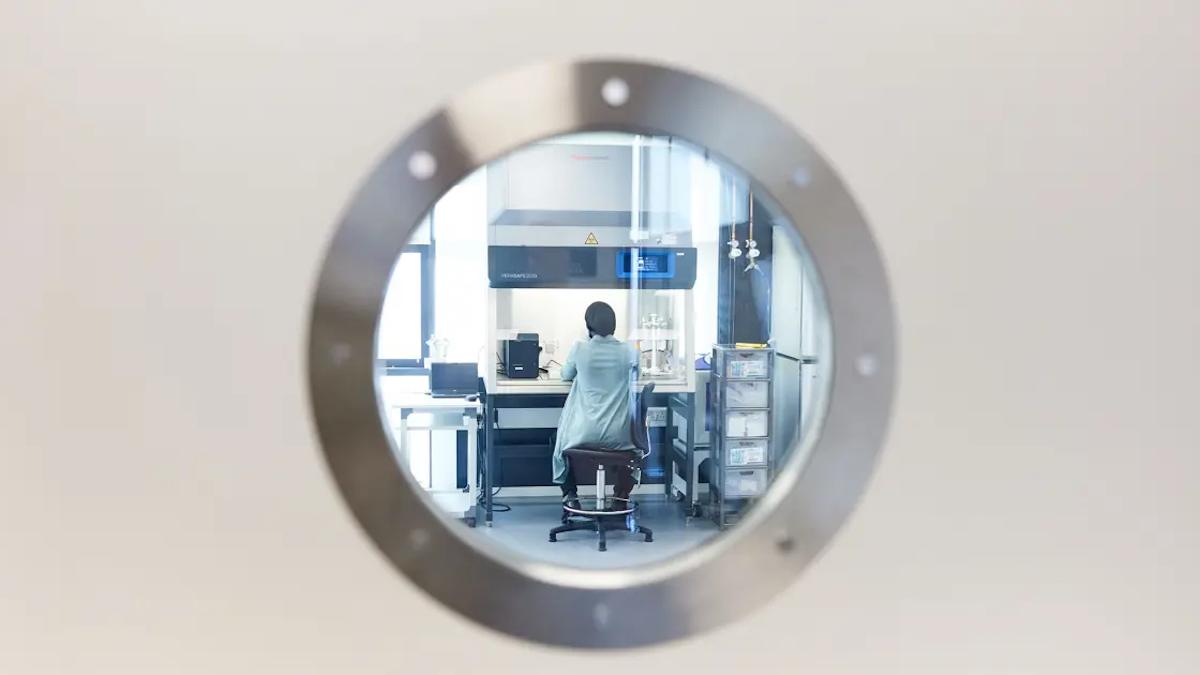Autolus bags FDA approval for leukaemia cell therapy

Autolus has picked up its first product approval, getting an FDA green light for Aucatzyl as a treatment for patients with aggressive blood cancer acute lymphoblastic leukaemia (ALL).
The US regulator has approved Aucatzyl (obecabtagene autoleucel or obe-cel) for the treatment of adults with relapsed or refractory B-cell precursor ALL based on the results of the phase 2 FELIX trial, in which 42% of patients treated with the CD19-targeting CAR-T therapy achieved complete remission within three months.
London, UK-based Autolus said the CAR-T is the first to be approved by the FDA with no requirement for a Risk Evaluation and Mitigation Strategy (REMS) programme, which is required for drugs with serious safety concerns.
Two rival CAR-Ts are currently approved by the FDA for relapsed or refractory B-cell precursor ALL, namely Novartis' Kymriah (tisagenlecleucel) and Gilead/Kite's Tecartus (brexacabtagene autoleucel), which were cleared in 2017 and 2021, respectively. A third CD19-targeted CAR-T, Bristol-Myers Squibb's Breyanzi (lisocabtagene maraleucel), is on the market for other blood cancers, but not ALL.
Aucatzyl will now have to carve out market share from its established rivals as it tries to position Aucatzyl as a preferred option for the approximately 3,000 patients living with relapsed or refractory B-cell ALL in the US.
Chief among its selling points is a relatively low rate of cytokine release syndrome (CRS), a notorious and potentially life-threatening complication of CAR-T therapies, with grade 3 events seen in 3% of patients and no cases reaching grade 4 or 5. Another complication associated with CAR-Ts – neurotoxicity – was seen in 7% of patients.
There are around 8,400 new cases of the blood cancer diagnosed in the US each year and survival rates are very poor at around eight months. In FELIX, the median duration of remission with Aucatzyl treatment was 14.1 months.
Autolus has a dedicated commercial manufacturing site in play at Stevenage in the UK, which has already passed an FDA inspection and has the capacity to supply Aucatzyl globally, and has contracted Cardinal Health to distribute the therapy in the US.
Analysts at Truist have previously suggested that peak sales could reach $300 million, displacing Tecartus as the preferred CAR-T for the cancer. Gilead/Kite's CAR-T made $370 million last year, up 24%, driven by increased demand in ALL and other indications, including mantle cell lymphoma (MCL).
In a new research note, Truist said the FDA labelling is "largely as we expected [and] a favourable nod from the FDA" and could speed up the activation of new centres and patient onboarding time.
"While we expect Aucatzyl to have much more favourable uptake than competitor Tecartus, sales will take time to accumulate," they added.












